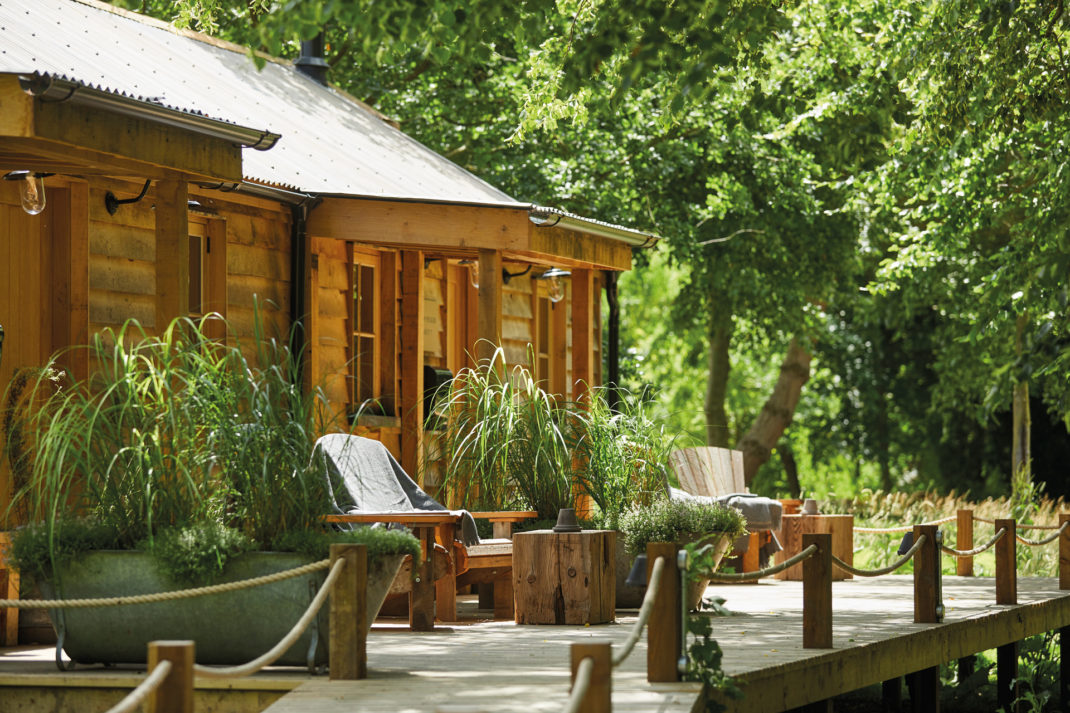A Guide To Astrotourism
By
4 years ago
Starry-eyed adventures are on the up – here's how to get involved
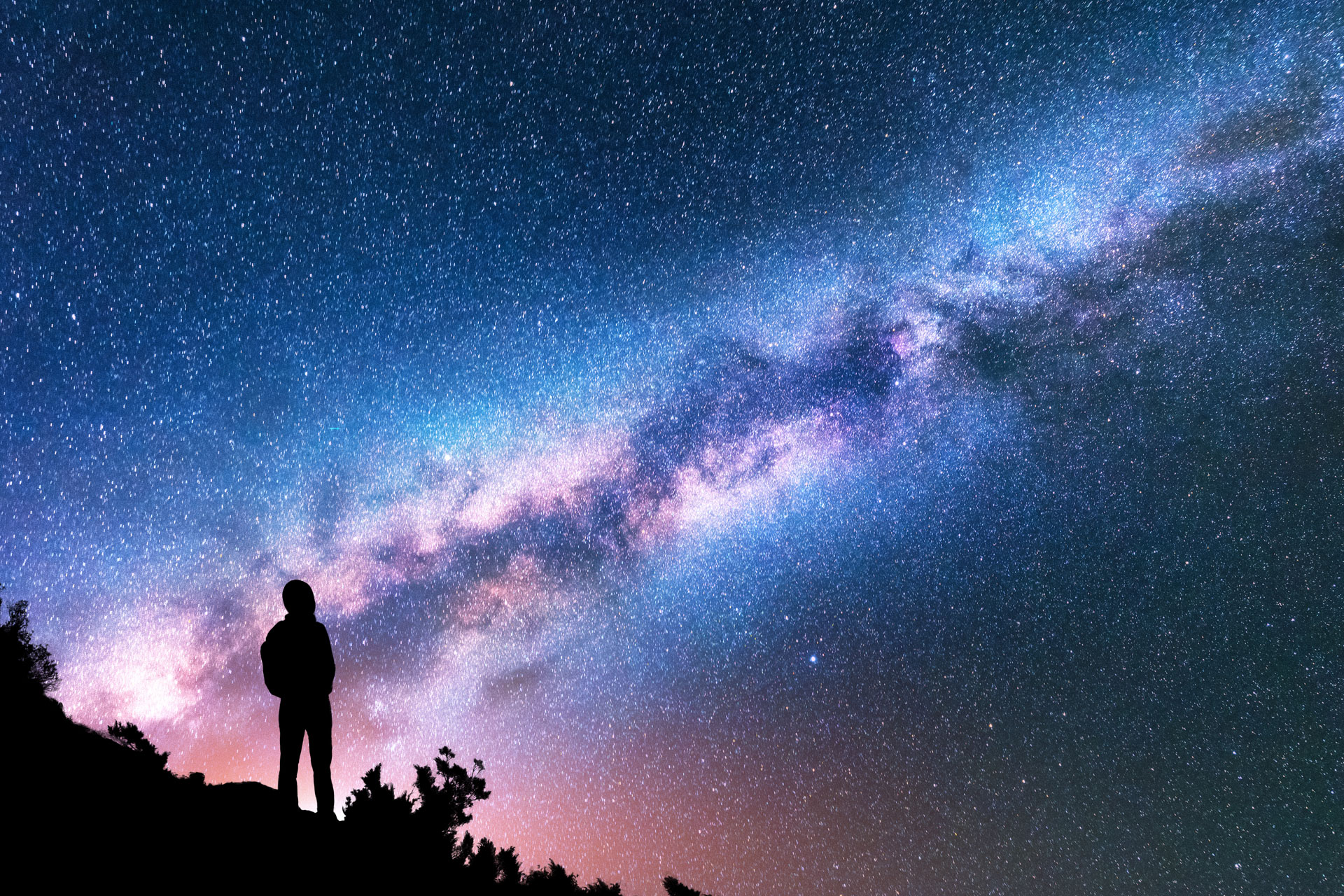
Humans have been interested in exploring the beauty of the galaxy for many years, though the term astrotourism has only emerged in recent times. An umbrella bracket for travel related to the night sky or astrology, it’s becoming increasingly popular – at travel agent Scott Dunn, bookings for celestial experiences were up 120 per cent last year, and Lonely Planet recently published a dedicated guide to astrotourism.
So what’s behind this new cosmic interest? The 50-year anniversary of the Apollo landing in July 2019 surely played a part, but it’s also part of a wider shift towards experiential travel: these days we’re generally more inclined to spend money on experiences rather than objects. A growing appreciation for the natural world is a factor, too – what better way to feel connected to the universe than gazing to infinity and beyond?
Astrotourism sees travellers seeking out dark skies, which often means going to remote locations which experience less light pollution – including to the most far-flung destination of all: outer space. Space tourism is set to be big this decade: Richard Branson flew to the edge of space with Virgin Galactic this July, just days before fellow billionaire Jeff Bezos, who made the journey in his rocket ship, New Shepard. If you’d rather stick on the earth, though, fear not: there are plenty of stargazing spots closer to home too.
A Guide To Astrotourism
Dark Skies Week
The Isles of Scilly are a great place for stargazing; their remote location meaning the islands are free of light pollution. This is being celebrated in a week-long event this October, which follows the launch of the destination’s community-funded observatory in April 2019. By night, enjoy talks from world-class astrology experts and stargaze at some of the darkest night skies in the UK. By day, explore the idyllic Scilly and take part in hands-on workshops such as how to choose the right telescope and photographing the universe. 2 – 9 October 2021, cosmosscilly.co.uk
International Dark Sky Reserves
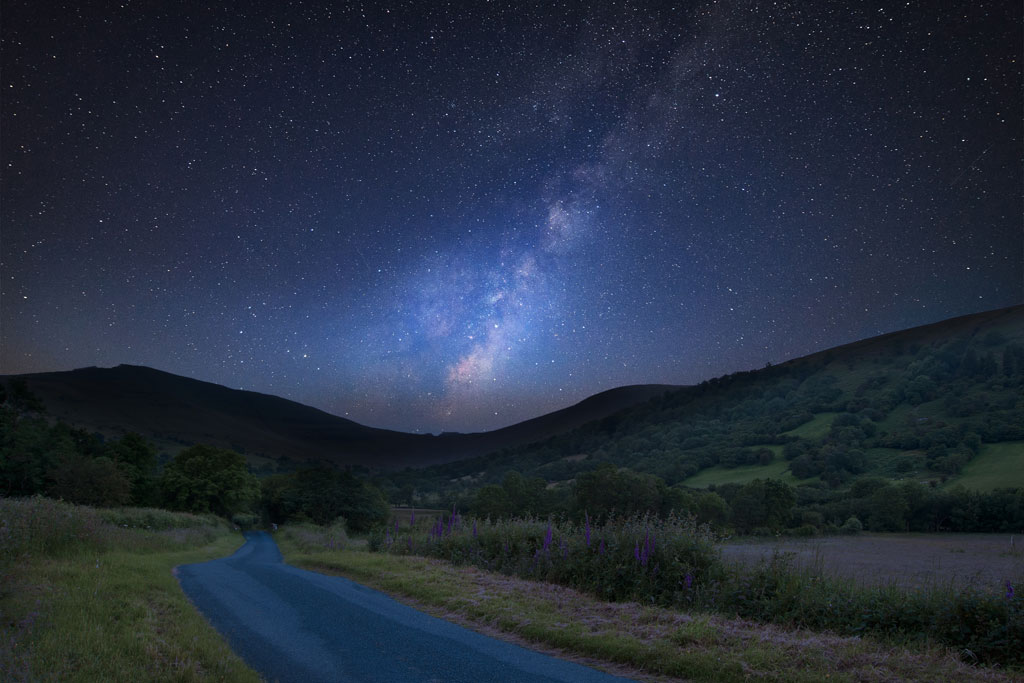
GettyImages
An Arizona-based non-profit, The International Dark-Sky Association locates and protects dark sky preserves around the world. There are currently 16 certified International Dark Sky Reserves, including three in England: Brecon Beacons National Park, Exmoor National Park and Moore’s Reserve in the South Downs. If you fancy a trip to the other side of the world, both New Zealand and Australia are home to a reserve. The Aoraki Mackenzie International Dark Sky Reserve in New Zealand is particularly special, offering stargazers the chance to see constellations only visible in the southern hemisphere, such as the Southern Cross, the Magellanic Clouds and the Milky Way. The futuristic Pic du Midi in France is another big one – it was where NASA’s scientists studied the moonscape in preparation for the Apollo landing. At 2,877 metres high, the observatory is also home to the highest museum in Europe.
Space Travel
Justin Bieber, Leonardo DiCaprio and Sir Richard Branson are are among the ticket holders for Virgin Galactic’s flights to space. Fancy joining them? Sales are now open to the public – though tickets will set you back a casual $450,000, which is nearly twice the previously stated price.
The Northern Lights
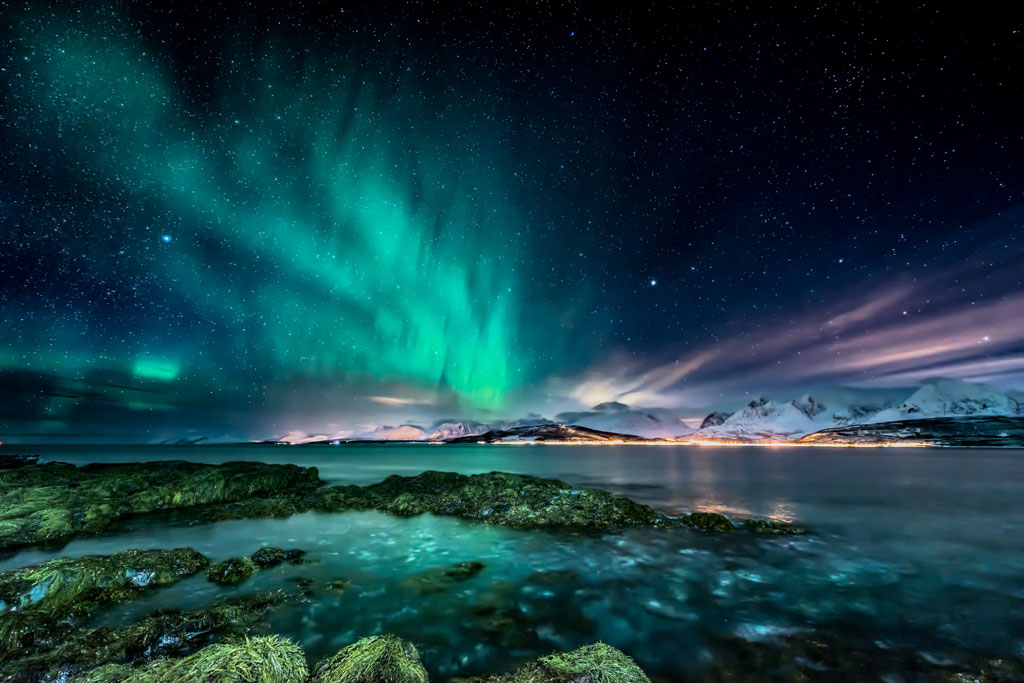
GettyImages
The otherworldly Northern Lights – officially called the Aurora Borealis – are a dazzling light phenomenon caused by collisions between electrically charged particles released from the sun that interact with gases such as oxygen and nitrogen. The unpredictable nature of the Aurora means it’s difficult to guarantee a viewing, but there are places in the world where you’re more likely to see them. In the Northern Hemisphere, the Aurora Borealis is centred around the Arctic Circle, so you’re most likely to experience the lights in countries like Iceland, Canada, Scandinavia and Greenland. In the Southern Hemisphere, Antarctica is your best bet, but there are some sightings in the south of New Zealand as well as Argentina. It’s also hard to determine when the best time to go is, but many recommend trying at the end of March or September as the spring and autumn equinoxes mean higher chances.
Nebraska Star Party
For almost 30 years, Nebraska has hosted a week-long Star Party at Merritt Reservoir, a place which boasts spectacular astronomical views. The Beginner’s Field School will ease newbies into the world of stargazing, while long-time observers can enter star-themed challenges including an astro-photo contest. nebraskastarparty.org
Yorkshire Dark Skies Festival
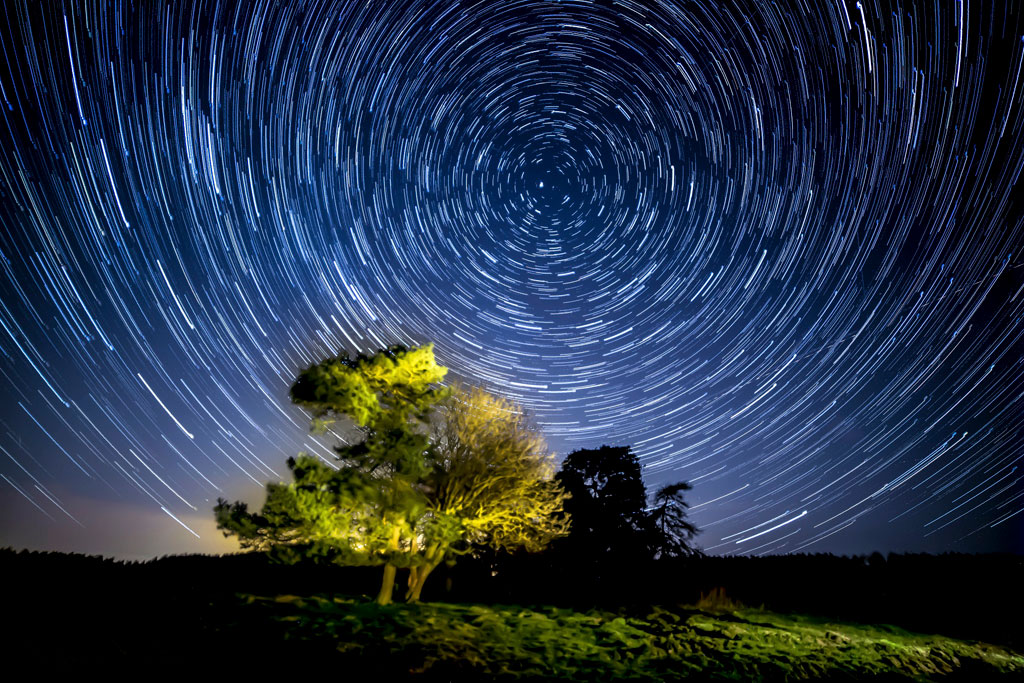
Dark Skies Festival Helmsley star trail | Steve Bell
Yorkshire’s Dark Skies Festival is back for its second event his year, featuring over 100 events and activities revolving around the skies and space. Hosted by the North York Moors and Yorkshire Dales National Parks, the festival features astronomy talks, stargazing experiences, after-dark cycling, night expeditions and virtual space travel experiences. darkskiesnationalparks.org


